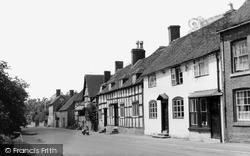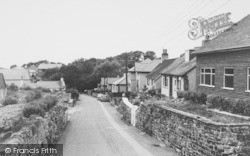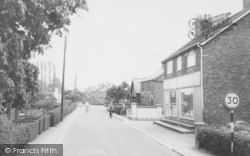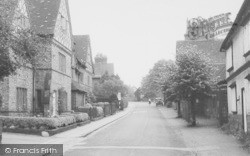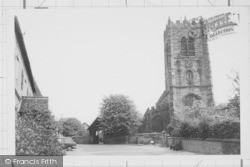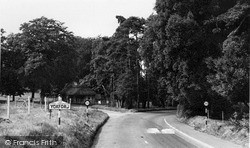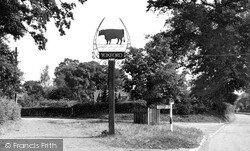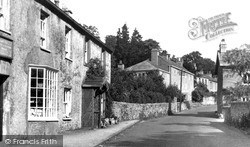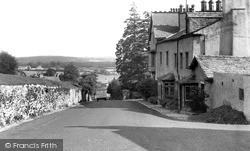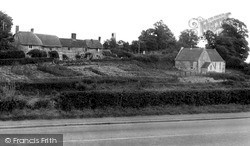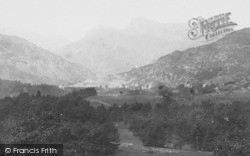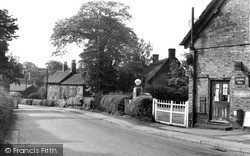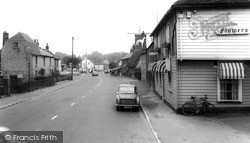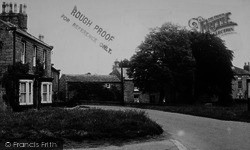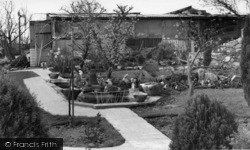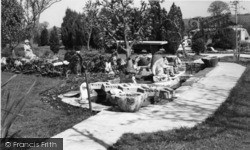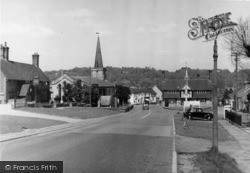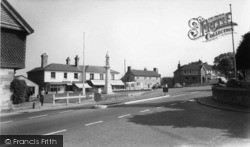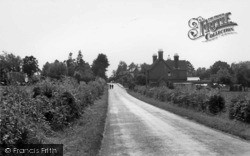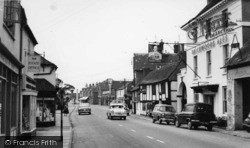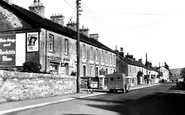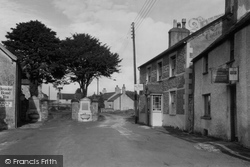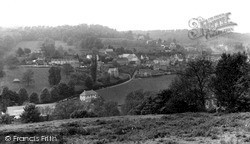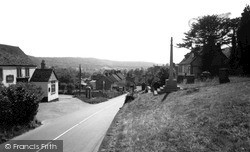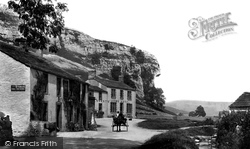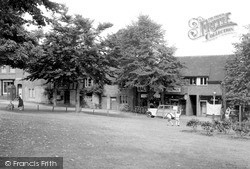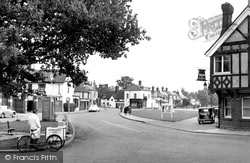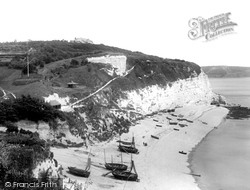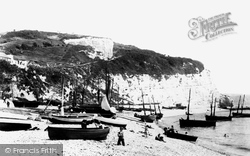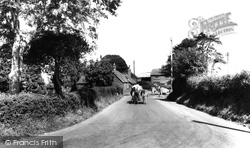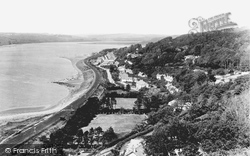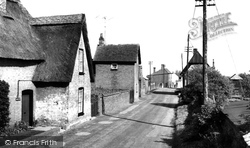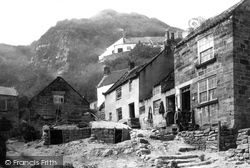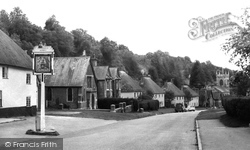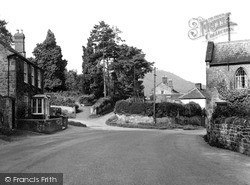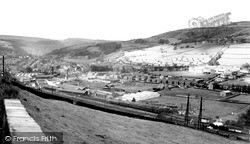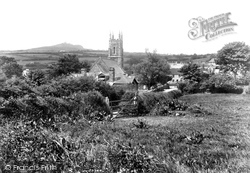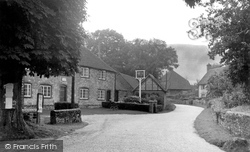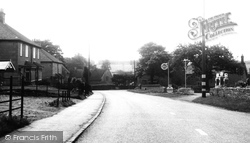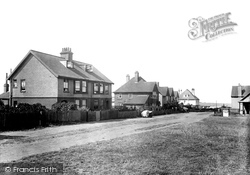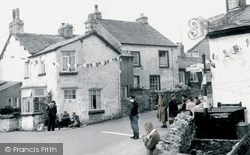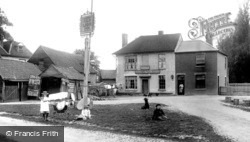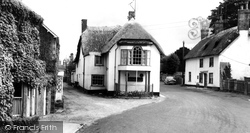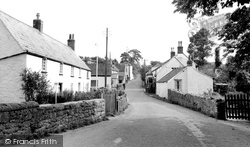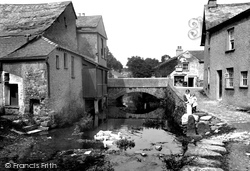Places
5 places found.
Those places high-lighted have photos. All locations may have maps, books and memories.
Photos
9,649 photos found. Showing results 921 to 940.
Maps
18 maps found.
Books
13 books found. Showing results 1,105 to 13.
Memories
4,612 memories found. Showing results 461 to 470.
Remembering Byfleet
I was born in Byfleet in 1950. We lived in Binfield Road. Later I moved to the hotel that was built where the village green is now. My mother Beatrice Stenning was the housekeeper, cook, maid and everything in between. My dad ...Read more
A memory of Byfleet by
Boyhood Memories
As a child I lived in a lovely house called Glanafon next to the old County Stores bakery in St Clears with my mother Anglea and step-dad Malcolm, and my 2 sisters, Rosemarie and Teresa. Unfortunately Teresa passed away over 20 ...Read more
A memory of St Clears in 1976 by
I Meet A Vagrant I Know
September 1958 I meet a vagrant I knew. In 1957, I was appointed to be Village Constable, at Lower Penn, Wolverhampton, an upper class district of wolverhampton. My station, was in Springhill Park. The beat was ...Read more
A memory of Stramshall in 1958 by
New Farm
I attended Edmondthorpe village school from 1947 to 1953. I live at New Farm with my grandparent Harry and Ethel Gresham. My mother Betty Bratby, nee Gresham, my two brothers Jim and Tim Bratby, uncles John, Harry and Paul. A lodger ...Read more
A memory of Edmondthorpe in 1942 by
Dunsmore People And Happenings Remembered
PREFACE TO THE SECOND EDITION In 1995, when the first edition of this history was published, it seemed incredibly optimistic to have had three hundred copies printed for a market which ...Read more
A memory of Dunsmore by
Wonderful Memories Growing Up In Bassaleg
I lived in Bassaleg from the age of 3, (1955), when Church Crescent and surrounding area was being developed. I lived in Church Crescent with my family until I left for Manchester in 1976. I went to the ...Read more
A memory of Bassaleg in 1966 by
Memories Of My Childhood
I was born in 1956, in Wiltshire, but my first memories are of Pawlett, where we moved, when I was very small. It was a smaller, quiter village than it is even now. I went to the village school, on the village green, next ...Read more
A memory of Pawlett in 1961 by
Researching Ancestors
On Sunday 21st Feb 2010 my mother, family and I visited Hinton Charterhouse to look for information on the Wiltshire family who lived in the High Street. We found the bow window house that was a butchers shop and ...Read more
A memory of Hinton Charterhouse in 2010 by
The Old Mill Coytrahen
My memories of Coytrahen go back to the 1930s and 1940s. I was born in 1931 at The Old Mill, home of my Grandparents and spent many summers visiting there. The Old Mill was rather off the beaten track ,getting there ...Read more
A memory of Coytrahen Ho in 1930 by
Childhood Memories
I have lived in Mitcham all my life. I was born at St Helier Hospital in 1955 and we lived in the nissan huts opposite what was then Pollards Hill High School in Wide Way, we lived next to a family called the Butlers and I went ...Read more
A memory of Mitcham in 1955 by
Captions
5,016 captions found. Showing results 1,105 to 1,128.
Enamel signs for Brooke Bond Tea on the village shop, a hostelry called the Bee and a small cottage displaying signs for the Aberconwy Institute 1915 and Llyfrgell y Sir or County Library suggest localised
Lying between Stroud and Nailsworth, the parish includes the villages of North and South Woodchester.
Twenty-nine local weavers were recorded working in what was then a small village in 1608, 19 of whom were specifically engaged in producing the broadcloth for which this area became famous
The village below the Crag was once owned by Fountains Abbey, and was the site of a manor court. The Crag itself is probably Wharfedale's most famous landmark.
King’s Norton is less than two miles from Bournville, and though urban sprawl between the wars linked it to Birmingham, the old village still retains much of its rural character.
The Green, with its period buildings, lies at the heart of Datchet. This photograph captures an ice cream vendor waiting for business in the village centre.
To the west of the village is a labyrinth of man-made caverns from which the stone for Exeter Cathedral was taken. The Quarry Caves are now an exciting tourist attraction.
Local tradition says that a Spanish galleon was wrecked in the cove here during the 17th century, soon after the village had been depopulated by a plague.
Dairy cattle still crop the meadows around the village of Alderholt, and are still taken in for milking much as we see here.
The village stands on the east side of the Towy where the river breaks out to sea through a widespread expanse of sandbanks at low tide.
Heading up to the old Heath, we leave the village through Wood End. This area has been recently developed with new housing on the right and Blacksmith's End, a modern development, on the left.
Two hundred years before this photograph, the old Runswick collapsed into the sea during a violent storm. Undaunted, the villagers rebuilt their cottages further up the cliff.
When the first Earl of Dorchester purchased Milton Abbey in 1752, he had the entire village dismantled, moving it further away from his new home.
The post office that gave this picture its name was based in the building on the left, which was also a village shop. Today there is no village shop, nor a post office.
There could not be anywhere more northern-sounding than Mytholmroyd, the woollen village crammed into the bottom of the Calder Valley west of Halifax.
In the distance is the hill of Brentor, topped by the 12th-century church of St Michael de Rupe, which was restored by the Duke of Bedford in the 19th century.
Graffham is known in the area for its long, winding main street.
This is the A606 Oakham to Stamford Road. Most of the village lies to the left.
West Runton was a sleepy village until Cromer and Sheringham began to be popularised as holiday resorts.
People are not too busy to stand in the road for a gossip. The men on the left are looking at a dog, probably a young lurcher. The bunting on the buildings would be for the 1953 Coronation.
An evocative view of the inn, the Red Lion, in this little village between Colchester and Clacton.
Until the 1950s, Puddletown was officially 'Piddletown', but - unlike the villages further up the river valley - the authorities changed this to the more acceptable Puddletown.
This is the main road through the village looking towards Hutton Hill.
Ducks dabble peacefully in the beck which runs through the centre of the village, while a mother proudly poses with her baby.
Places (5)
Photos (9649)
Memories (4612)
Books (13)
Maps (18)


